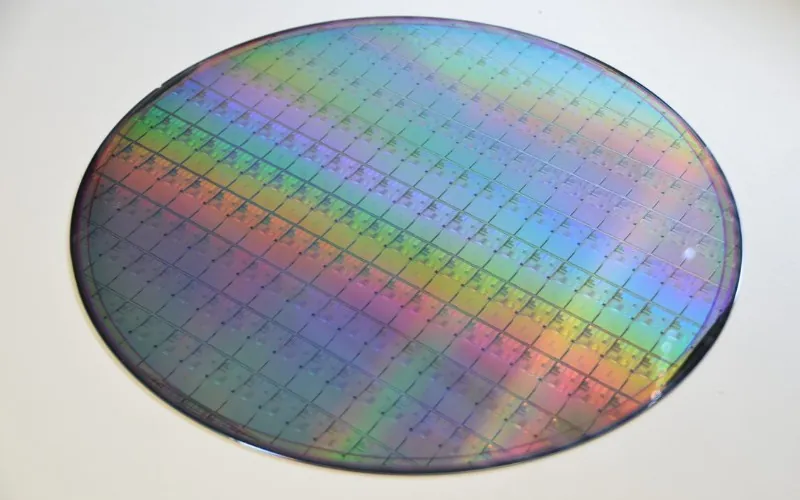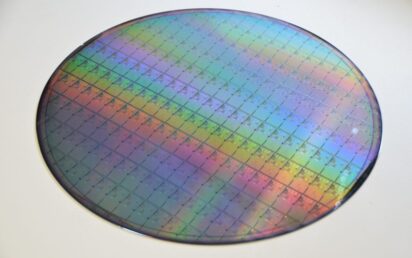Intrinsic Semiconductor Technologies has raised £1.35 million seed funding to prototype next-generation memory devices.
The round, led by investors UCL Technology Fund and IP Group plc, will enable Intrinsic to partner with semiconductor research foundry imec, based in Belgium, to develop prototypes of its proprietary non-volatile memory devices.
These use industry standard ‘complementary metal oxide semiconductor’ processing on 300mm silicon wafers.
Memory performance is a limiting factor in nearly all current and emerging computing applications and Intrinsic says its technology will address this through superior performance while adhering to well–established and low-cost manufacturing techniques.
Non-volatile memory is used in a large and ever-increasing range of electronic products. The permanent memory used in smartphones, laptops, USB sticks, cameras and SSD hard drives, it is today based on ‘Flash’ technology.
At the heart of Intrinsic’s revolutionary technology is a ‘memristor’, also known as ReRAM or RRAM, invented by the company’s founders, Professor Tony Kenyon and Dr Adnan Mehonic, eminent researchers in the field of nanoelectronics and materials science. Supported by commercialisation arm UCL Business, they spun out their research to create Intrinsic.
“Existing memory technologies, such as Flash, are reaching the limits of their capabilities – particularly in embedded systems such as those we need in IoT devices,” said Tony Kenyon, co-founder of Intrinsic and Professor of Nanoelectronic & Nanophotonic Materials.
“Intrinsic’s memristor technology will transform next generation systems by combining high performance with ease of integration in digital CMOS. By basing our devices on silicon oxide, we ensure that they are as simple and as cheap to integrate with silicon-based electronics as it is possible to be.”
Mark Dickinson, CEO of Intrinsic, said: “There is a huge potential market for new memristive technologies.
“Having seen the potential for new memory technologies to disrupt the sector in my time in senior roles at ARM and Imagination, I am excited to be working with two of the most prominent researchers in the field to bring the best memristor technology to market.
“This is an exciting invention from a leading UK university with the potential for truly global impact.”
Dr Adnan Mehonic, co-founder of Intrinsic and Assistant Professor at UCL’s Department of Electrical and Electronic Engineering, said: “The overall performance of hardware we use for AI is determined and limited by the bandwidth and energy-efficiency of memory technologies.
“A fast, energy-efficient, cheap and scalable non-volatile memory that can be incorporated directly on a chip, such as our silicon oxide memristors, will significantly improve the performance, especially for energy-efficient edge computing.
“Furthermore, our technology could be utilised for analogue AI hardware accelerators currently in development and novel computing paradigms, such as neuromorphic and spiking-based computing.”


